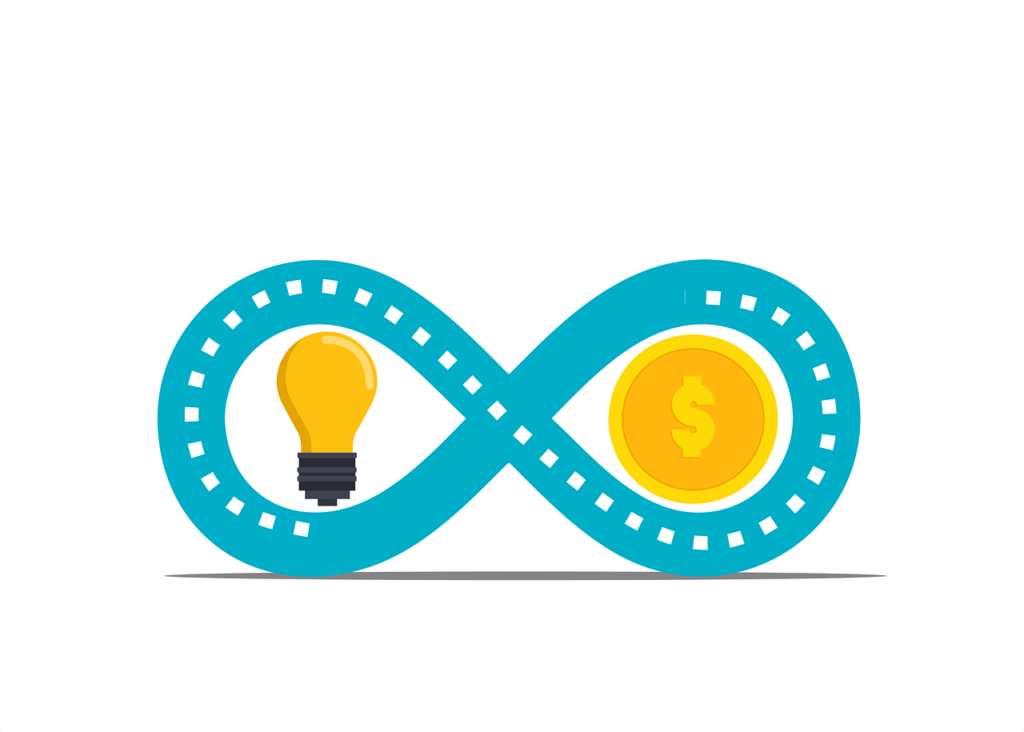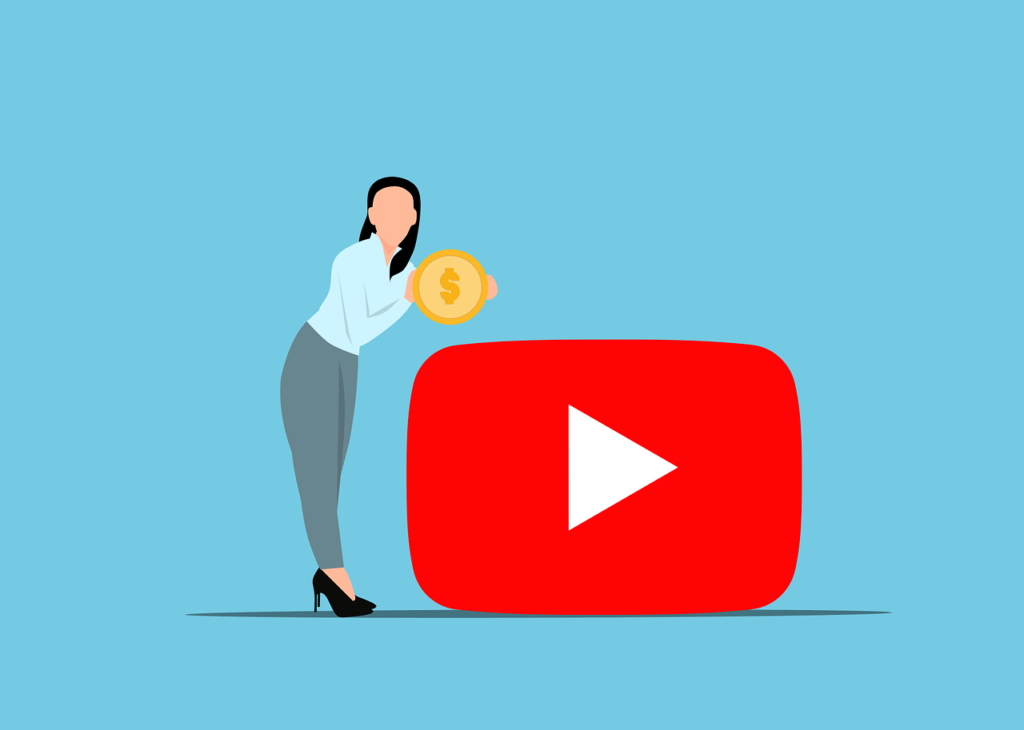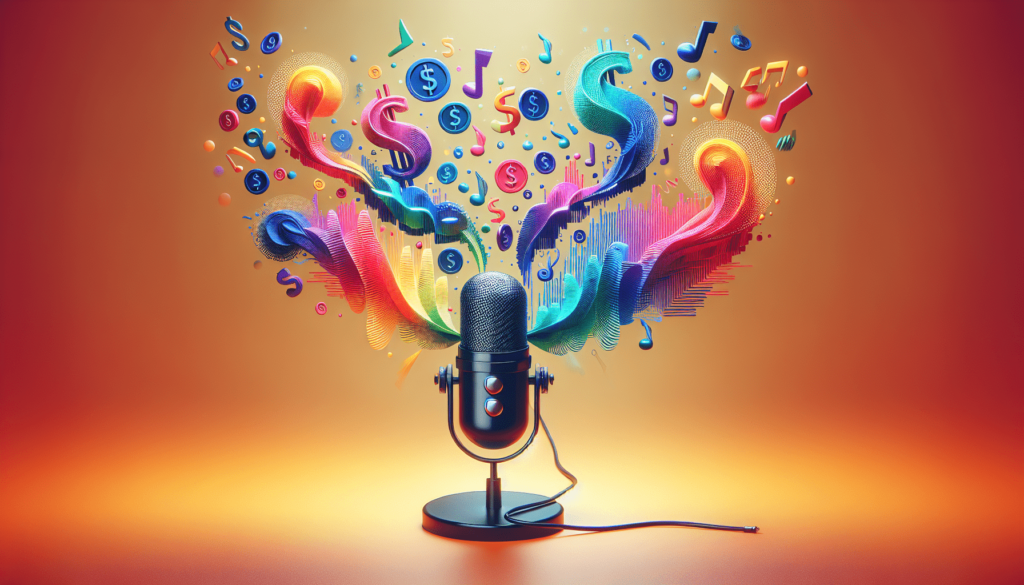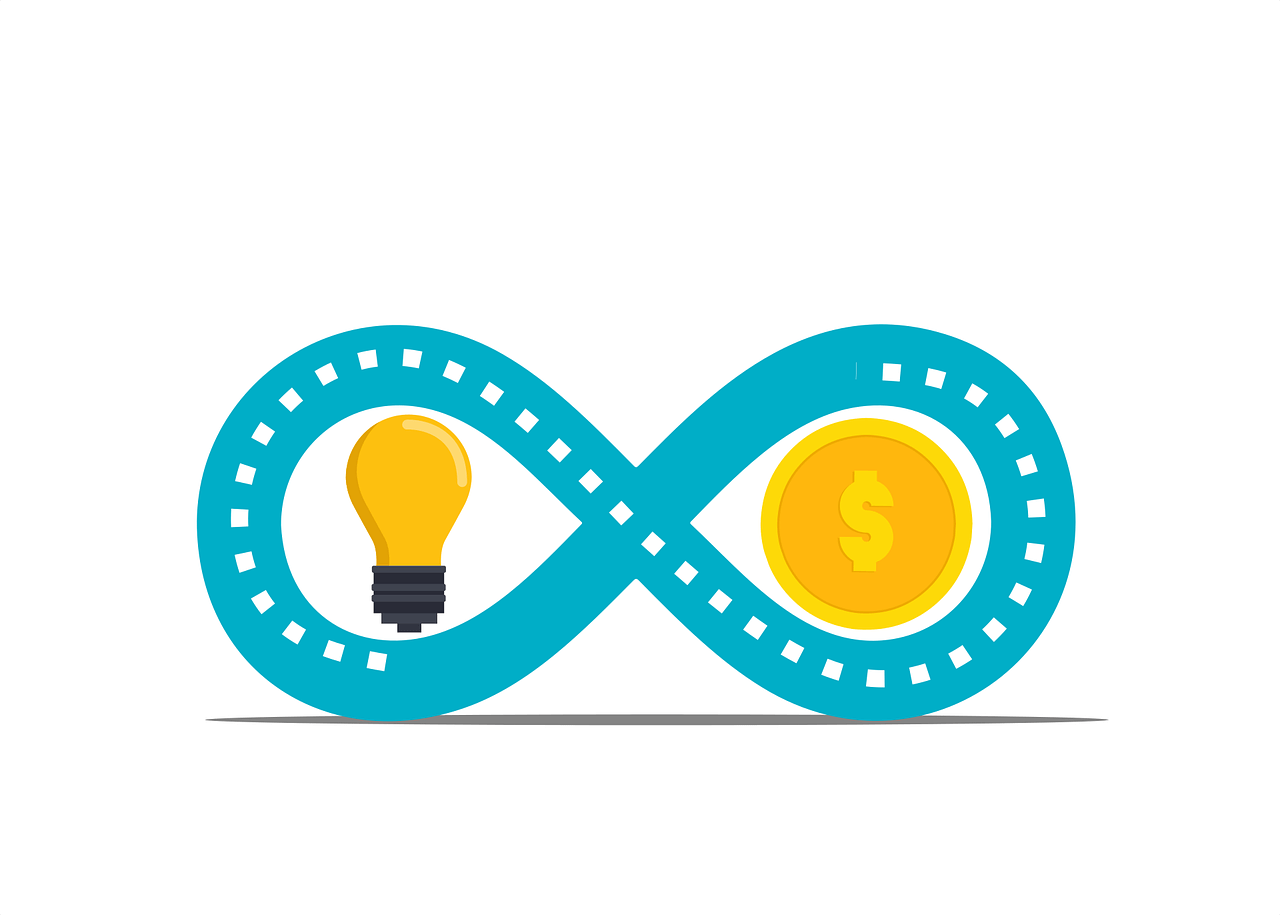You’ve spent countless hours crafting the perfect beats, and now it’s time to turn your passion into a source of passive income. In this article, you’ll discover a step-by-step guide on how to license your beats successfully. From understanding the importance of SEO optimization to navigating the intricacies of the music licensing industry, you’ll gain valuable insights to help you make the most of your talent and generate revenue from your creations. Get ready to embark on a journey towards financial independence with your beats as your ticket to success.
Choosing the Right Beats to License
Identify your target audience
When it comes to licensing beats, understanding your target audience is crucial. First, consider the genre of music you specialize in and the type of artists that typically gravitate towards that genre. For example, if you primarily create hip-hop beats, your target audience might be emerging rap artists. Knowing who you are creating for will guide your decisions when selecting beats to license.
Analyze market trends
Market trends can significantly impact the demand for certain beats. Stay updated on what’s popular in the music industry by actively listening to the latest releases and studying the charts. Pay attention to the evolution of different genres and subgenres, as well as any emerging trends. By analyzing market trends, you can ensure that the beats you license align with current industry demands.
Select beats with commercial appeal
When choosing beats to license, it’s essential to consider their commercial appeal. This means selecting beats that have the potential to attract a wide audience and catch the attention of artists and music producers. Look for beats that are catchy, well-produced, and have a unique sound. By selecting beats with commercial appeal, you increase your chances of licensing them to artists and generating a steady stream of income.
Understanding Licensing and Copyright
Know the different types of licenses
Before you venture into licensing beats, it’s vital to understand the different types of licenses available. Common licenses include exclusive licenses, non-exclusive licenses, and leasing licenses. Exclusive licenses give the licensee full rights to a beat, while non-exclusive licenses allow multiple licensees to use the same beat. Leasing licenses provide limited rights and are often used for promotional purposes. Familiarize yourself with the specifics of each type of license to determine which one best suits your goals and the needs of your customers.
Learn about copyright laws
Copyright laws exist to protect the rights of creators, including those who create beats and instrumental music. Familiarize yourself with the basics of copyright law to ensure that all the beats you license comply with legal requirements. Understand the concept of originality, the length of time copyright protection lasts, and what constitutes infringement. By having a solid understanding of copyright laws, you can avoid potential legal issues and protect your intellectual property.
Understand the terms and conditions of licensing
Every licensing agreement should have clear terms and conditions that both parties agree to. As the beat licensor, it’s crucial to understand and outline these terms in your licensing agreements. Determine factors such as duration, usage rights, royalties, and any restrictions or limitations. By establishing well-defined terms and conditions, you create a transparent and fair licensing process for both yourself and the artists or producers who license your beats.

Creating High-Quality Beats
Invest in quality equipment
To create high-quality beats, it’s essential to invest in quality equipment. This includes a reliable computer or laptop, professional headphones, a MIDI controller, and quality speakers or monitors. Additionally, ensure that you have a powerful and up-to-date music production software that allows you to craft your beats with precision. By investing in the right equipment, you set yourself up for success in creating top-notch beats.
Learn music production techniques
Even with the best equipment, your beats won’t reach their full potential without knowledge of music production techniques. Take the time to learn and develop your skills in beat-making, mixing, and mastering. Study tutorials, attend workshops or courses, and practice regularly. The more proficient you become in music production techniques, the more impressive and polished your beats will be.
Use professional software and plugins
Alongside honing your skills, using professional music production software and plugins can take your beats to the next level. There are numerous software options available, each with its own unique features and capabilities. Likewise, plugins offer additional instruments, effects, and sound manipulation tools that can enhance your beats. Choose software and plugins that align with your preferred style and workflow, and continually explore new options to keep your beats fresh and innovative.
Organizing Your Beat Library
Categorize beats by genre
Organizing your beat library is essential for easy access and efficient workflows. One effective way to organize your beats is by categorizing them by genre. This allows you to quickly locate specific beats when artists or producers request a particular style or sound. Create separate folders or playlists for each genre, and within each folder, further subdivide beats based on subgenres or moods. A well-organized beat library saves you time and ensures you can provide the right beats to potential licensees promptly.
Tag beats with relevant keywords
Another effective method for organizing your beat library is by using relevant keywords or tags. Tags can include descriptors such as tempo, mood, instrument type, or any other characteristic that may be relevant to potential licensees. When adding tags, be consistent and use as many relevant keywords as possible. This allows you to quickly search and filter your beat library based on specific criteria, making it easier to fulfill licensing requests efficiently.
Maintain a backup of your beats
In the world of music production, accidents and mishaps can happen to anyone. Ensure the safety of your beats by maintaining regular backups. Invest in external hard drives or utilize cloud storage solutions to securely store copies of your beat library. By having backups readily available, you can protect your hard work from any potential data loss and quickly recover in case of emergencies.

Building an Online Presence
Create a website or portfolio
Building an online presence is vital in today’s digital age. One of the best ways to showcase and promote your beats is by creating a website or an online portfolio. Your website can serve as a centralized hub where artists and producers can listen to your beats, learn more about your licensing options, and contact you for inquiries. Ensure your website is visually appealing, easy to navigate, and mobile-friendly to provide the best user experience possible.
Promote your beats on social media
Social media platforms offer a powerful way to reach a broad audience and connect with potential licensees. Create accounts on platforms such as Instagram, Twitter, Facebook, and YouTube, and regularly post engaging content related to your beats. Share snippets of your beats, behind-the-scenes footage of your creative process, and interact with your followers. Utilize relevant hashtags and engage with other artists and producers to expand your reach and attract more licensing opportunities.
Utilize online music platforms
In addition to having your own website and social media presence, take advantage of online music platforms to reach a wider audience. Platforms such as SoundCloud, BeatStars, and Bandcamp allow you to upload and distribute your beats to a global community of artists and producers. Optimize your profile on these platforms, tag your beats appropriately, and engage with the community to increase visibility and attract potential licensees.
Registering Your Beats for Copyright
Understand the benefits of copyright registration
Registering your beats for copyright provides several benefits and protections. Copyright registration creates a public record of ownership and allows you to enforce your rights if infringement occurs. It also establishes a legal foundation for pursuing legal action and seeking damages in case of copyright infringement. By registering your beats, you gain a stronger position to defend your intellectual property and maximize the value of your licensing efforts.
Complete the copyright registration process
The process of registering your beats for copyright varies depending on your country’s copyright laws. Research the specific requirements and procedures applicable to your jurisdiction. Typically, you’ll need to complete an application, pay a fee, and submit a copy of your beats as evidence of your creation. Follow the instructions carefully and ensure that your application is accurate and complete to avoid any potential delays or complications.
Protect your beats from infringement
While copyright registration provides valuable protection, it’s essential to take additional steps to prevent infringement of your beats. Watermarking your beats, embedding metadata, and creating unique identifiers can deter unauthorized use and provide evidence of ownership. Monitor online platforms and actively enforce your rights if you discover unauthorized use of your beats. By proactively protecting your beats, you establish a reputation for being vigilant about copyright infringement.

Setting Up a Licensing System
Define your licensing options and prices
Before you can begin licensing your beats, it’s crucial to establish clear licensing options and set appropriate prices. Consider factors such as exclusivity, duration of usage, and potential reach when designing your licensing packages. Determine different tiers of licenses, each with its own set of rights and limitations. Additionally, research the market to understand the average pricing for beats in your genre and adjust your prices accordingly. Providing transparent pricing options helps potential licensees make informed decisions and simplifies the licensing process.
Create a licensing agreement template
To streamline the licensing process, create a standard licensing agreement template that outlines the terms and conditions of each license. Include provisions for usage rights, royalties, payment terms, and any restrictions. Ensure that your template reflects your business practices and complies with any legal requirements in your jurisdiction. By having a standardized agreement, you eliminate the need to negotiate terms individually for each licensing request and establish consistency in your licensing relationships.
Establish procedures for licensing and payment
Efficient procedures for licensing and payment are crucial to providing a smooth experience for potential licensees. Have a clear process in place for receiving and reviewing licensing inquiries, as well as for delivering license agreements to interested parties. Determine accepted payment methods, whether through PayPal, bank transfers, or other secure platforms, and clearly communicate these options to potential licensees. Streamlining your licensing and payment procedures builds trust and professionalism in your business operations.
Marketing and Promoting Your Beats
Build relationships with artists and producers
As a beat licensor, developing relationships with artists and producers is key to expanding your reach and attracting licensing opportunities. Attend music industry events, join online communities, and actively engage with potential licensees. Offer value by providing feedback, collaborating on projects, or offering exclusive deals. Building relationships establishes trust and familiarity, making artists and producers more likely to choose your beats for their projects.
Submit beats to music libraries and agencies
Submitting your beats to music libraries and agencies can significantly increase your chances of licensing opportunities. Research reputable music libraries and agencies that cater to your target audience and submit your beats for consideration. Be sure to follow any submission guidelines provided by the libraries or agencies to maximize your chances of being accepted. Furthermore, continually seek new opportunities to submit your beats and expand your network within the industry.
Collaborate with other musicians
Collaboration is a powerful way to network, gain exposure, and attract potential licensees. Reach out to artists, producers, and other musicians who align with your genre and style. Offer your beats for collaborations, remixes, or featured placements on their projects. Collaborative projects often introduce your beats to new audiences and can lead to licensing opportunities. By actively seeking collaborations, you open up a world of creative possibilities and expand your reach within the music industry.

Negotiating and Closing License Deals
Respond to licensing inquiries professionally
When potential licensees inquire about licensing your beats, it’s crucial to respond professionally and in a timely manner. Acknowledge the inquiry promptly and provide all the necessary information and clarification they need. Be receptive to their specific requirements or concerns and offer solutions where possible. Maintaining professionalism during the negotiation process sets the tone for a positive licensing experience and demonstrates your commitment to excellent customer service.
Negotiate terms and pricing
Negotiating terms and pricing is a common part of the licensing process. Be open to discussing these aspects with potential licensees and finding a mutually beneficial agreement. Consider their budget, project scope, and the potential exposure your beats will receive when determining pricing. Additionally, be willing to offer flexibility in terms if it aligns with your overall licensing strategy. Finding the right balance between accommodating the needs of the licensee while ensuring fair compensation for your beats is key to successful negotiations.
Prepare licensing contracts and agreements
Once the terms and pricing have been agreed upon, it’s essential to formalize the licensing agreement with a written contract. Prepare a licensing contract that includes all the agreed-upon terms, such as usage rights, duration, royalties, and any additional provisions. Clearly outline the responsibilities and obligations of both parties to avoid any misunderstandings. Provide a copy of the contract to the licensee for review and signature, ensuring that all parties are in agreement before moving forward with the licensing deal.
Tracking and Maximizing License Revenue
Monitor usage and royalty payments
Tracking the usage of your licensed beats and managing royalty payments is crucial to maximizing your revenue. Create a comprehensive system to monitor where and how your beats are being used. Keep detailed records, utilize music licensing platforms that provide analytics, and communicate with licensees to obtain usage reports. Regularly follow up on royalty payments and ensure that you have mechanisms in place to collect your earnings promptly. By being diligent in tracking usage and payments, you can identify any discrepancies and maximize your revenue.
Implement strategies for maximizing revenue
To maximize your revenue from beat licensing, consider implementing strategies to increase your overall reach and attract more licensees. Continually create and release new beats to expand your catalog, allowing for a wider selection and increasing the likelihood of licensing opportunities. Participate in promotional activities such as contests, collaborations, or exclusive deals to generate buzz and attract attention. Additionally, explore other revenue streams such as offering custom beat services or partnering with artists on their projects to diversify your income.
Evaluate the effectiveness of your licensing efforts
Regularly evaluate and analyze the effectiveness of your licensing efforts to identify areas for improvement. Track the success rate of your licensing deals, review customer feedback, and analyze financial performance. Identify any patterns or trends that can help you adapt your strategies or target specific markets more effectively. By regularly evaluating your efforts, you can refine your approach and continuously improve your beat licensing business.
In conclusion, successfully licensing your beats requires an understanding of your target audience, copyright laws, and the importance of high-quality production. Building an online presence, organizing your beat library, and implementing effective marketing strategies are key to attracting licensees. Negotiating and closing deals with professionalism, while also tracking and maximizing your revenue, are essential for long-term success in beat licensing. By following these steps and continuously refining your approach, you can create a sustainable income stream from licensing your beats.
